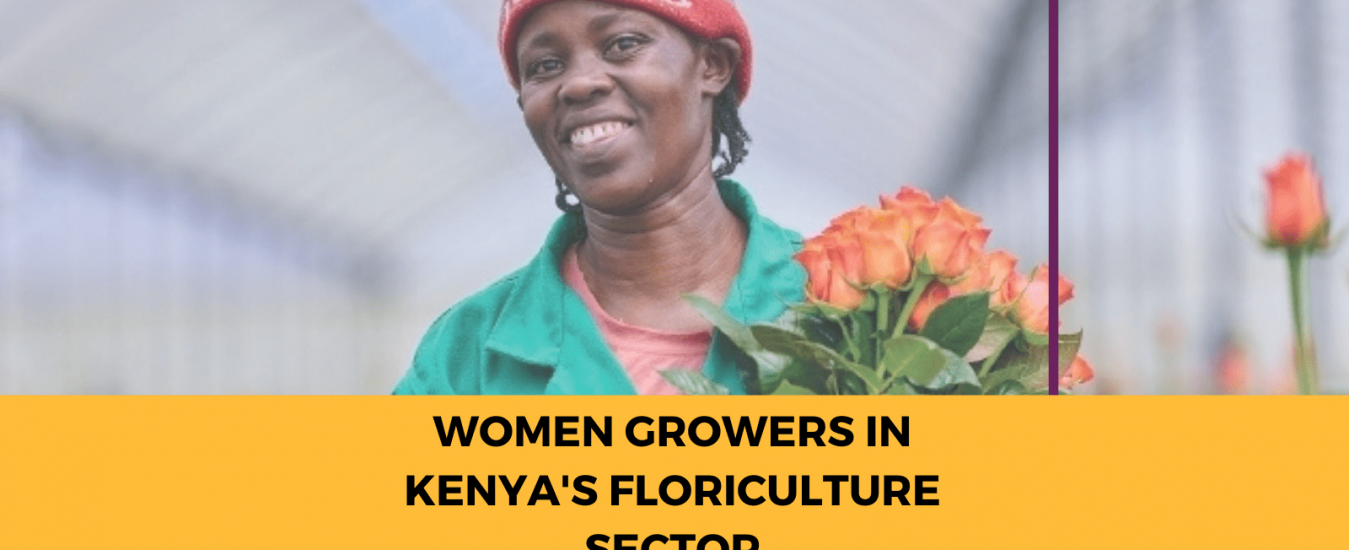Women-owned flower farms (WOFF) have huge potential to drastically improve the position of women through promoting more women entrepreneurs and role models while also creating better working conditions for women workers. However, very little information is available on WOFFs in Kenya’s flower sector. In developing an approach to boost their position in the floriculture sector, it is key to have a better understanding of who they are, what challenges they face, and where opportunities lie for furthering the position of women-owned/led businesses in the flower sector.
Objectives of the research are to assess the challenges faced by WOFF and to identify opportunities to improve the position of WOFF in the floriculture sector. Most WOFF are small- to medium-sized businesses with their own set of unique challenges,
in part because of the typical size of WOFF and in part because of prevailing gender norms. Challenges include the high costs of participating in certification schemes, land ownership, limited access to markets and credit facilities, balancing business with unpaid care work, and lack of access to information and training opportunities. There is a clear need for greater capacity strengthening, while also creating platforms for women entrepreneurs in the floriculture sector to meet, connect, and gain greater
access to a wider network of buyers in the sector.
In that sense, this research deepened understanding of the landscape of women-owned flower farms in Kenya, determining what it takes to innovate, prioritise relevant capacity strengthening needs of women entrepreneurs in the sector, and scope for key entry points to access market opportunities through appropriate business tools. While many new insights have been gained, the research also highlighted the need for more research within this specific area.
Key recommendations from the research are geared towards four key stakeholders/actors, namely buyers (including auctions, supermarkets and retailers), certification bodies, governments and embassies, and civil society organisations/initiatives (including multi-stakeholder initiatives). In conclusion, these recommendations call on all actors to join hands in solidarity to ensure that women-owned flower farms are supported and can blossom in Kenya’s floriculture sector, thereby contributing to broader gender equality in the sector and beyond.
Download the full report HERE

